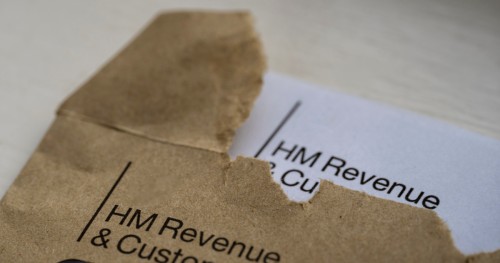What freelancers need to know about Making Tax Digital

Making Tax Digital (MTD), which started its first phase on April 1 2019, is one of those schemes that many people will have heard of but don’t actually know much about.
As something that is sure to affect millions of freelancers, James Foster, the Senior Commercial Manager at Optionis Group and holding company for SJD Accountancy, explains some key things to know about the scheme.
It should make doing your taxes easier
By having businesses and individuals keep digital records for Self-Assessment, MTD aims to put an end to the annual Self-Assessment tax return. HMRC says the scheme will make it easier for businesses and the self-employed to pay their taxes themselves and, importantly, get them right. It also aims to make transforming tax administration more effective and more efficient.
It currently affects VAT-registered businesses
Individuals and businesses currently affected by MTD are those who are VAT registered and earn more than £85,000 – the VAT registration threshold. So if you’re above this VAT threshold you will need to start keeping your records digitally and submitting your VAT returns using MTD-compatible software. The scheme is also set to be mandated for income tax and corporation tax from April 2021 at the earliest, delayed from April 2020.
You need MTD-compatible software
As the software you use for MTD needs to link to HMRC, it needs to be compatible with their systems. This allows you to keep digital records and send returns directly to the government department without rekeying data. There are many software options you can use that are compatible with MTD for VAT. These options can becostly but come with useful features that might be good for your business and help you get a better overview of your company financials. This includes features like generating invoices and integrating with your bank.
Bridging software can be a good option
If you don’t need these types of features, would prefer to save money where you can, and just want to be compatible with MTD, bridging software can be a good option. It acts as a digital link between your current method of bookkeeping (i.e. this could be in spreadsheet format) and HMRC (so again, there’s no need to rekey data). It is MTD-compatible and links to HMRC’s systems, meaning you just use the bridging software to submit information to the government department directly for a cheaper price.
You can sign up for a pilot scheme
If you want to see how MTD for income tax will work, you can sign up for a pilot scheme to test the service out. Instead of filing a Self-Assessment tax return, you voluntarily use software to keep digital records of your income and expenses and send summaries to HMRC every three months. You also finalise your income and expenses at the end of the year. By signing up to the scheme and using the software, you can see an estimate of how much tax you owe through the year. You’ll also be reminded of when you need to send summaries to HMRC.
You risk a penalty if you don’t comply
HMRC has said it will take a light approach to penalties for the first year of the MTD for VAT. But you’re still expected to show that you’re doing your best to comply with VAT filing and recording keeping, as well as paying your VAT bill on time. Those businesses that don’t, risk being issued with a penalty. So it’s best to comply to stay on the right side of the government.
More on freelancer tax adviceand need to know tax information for freelancers.



Comment
Log in or create your account to react to the article.